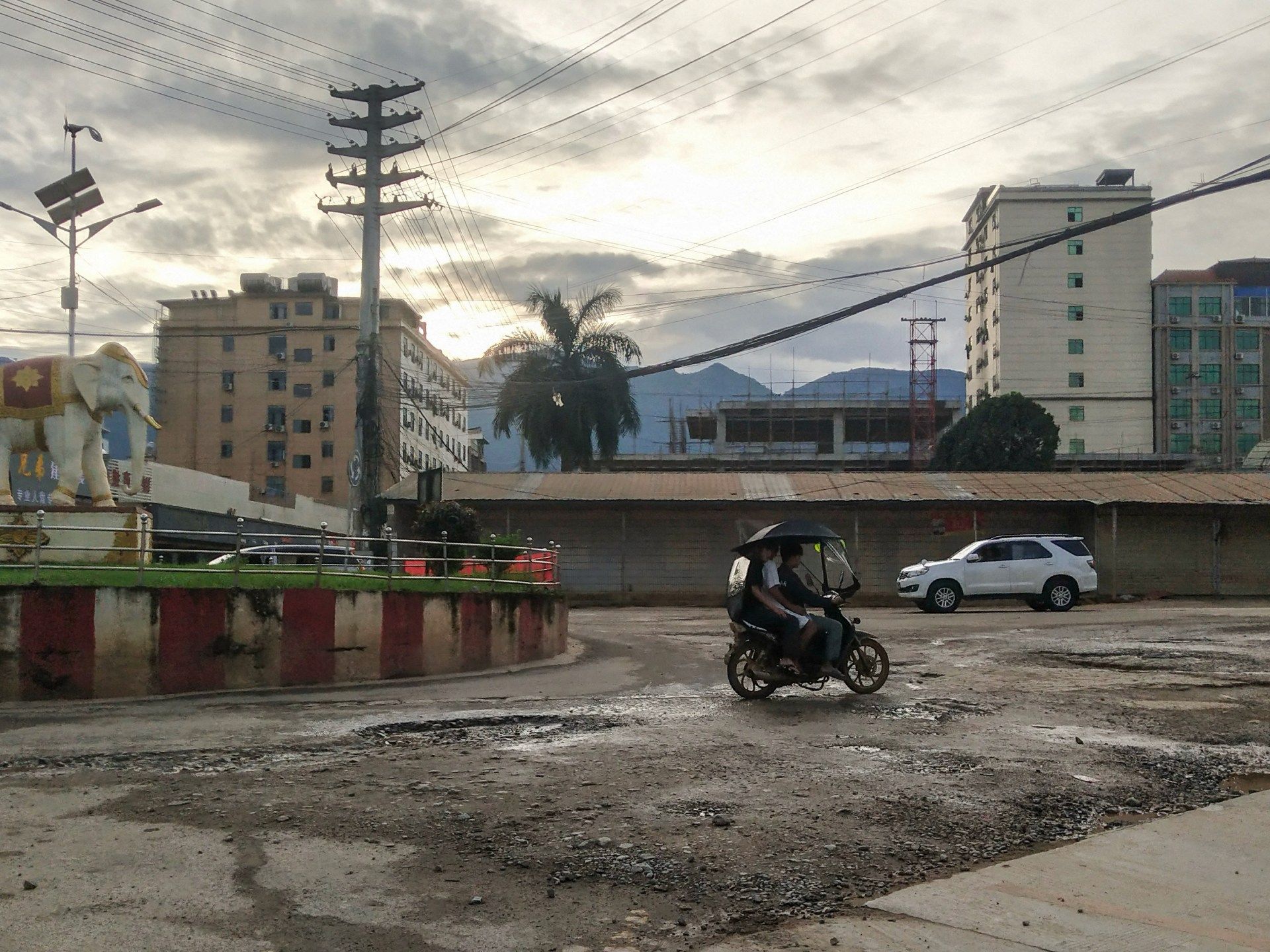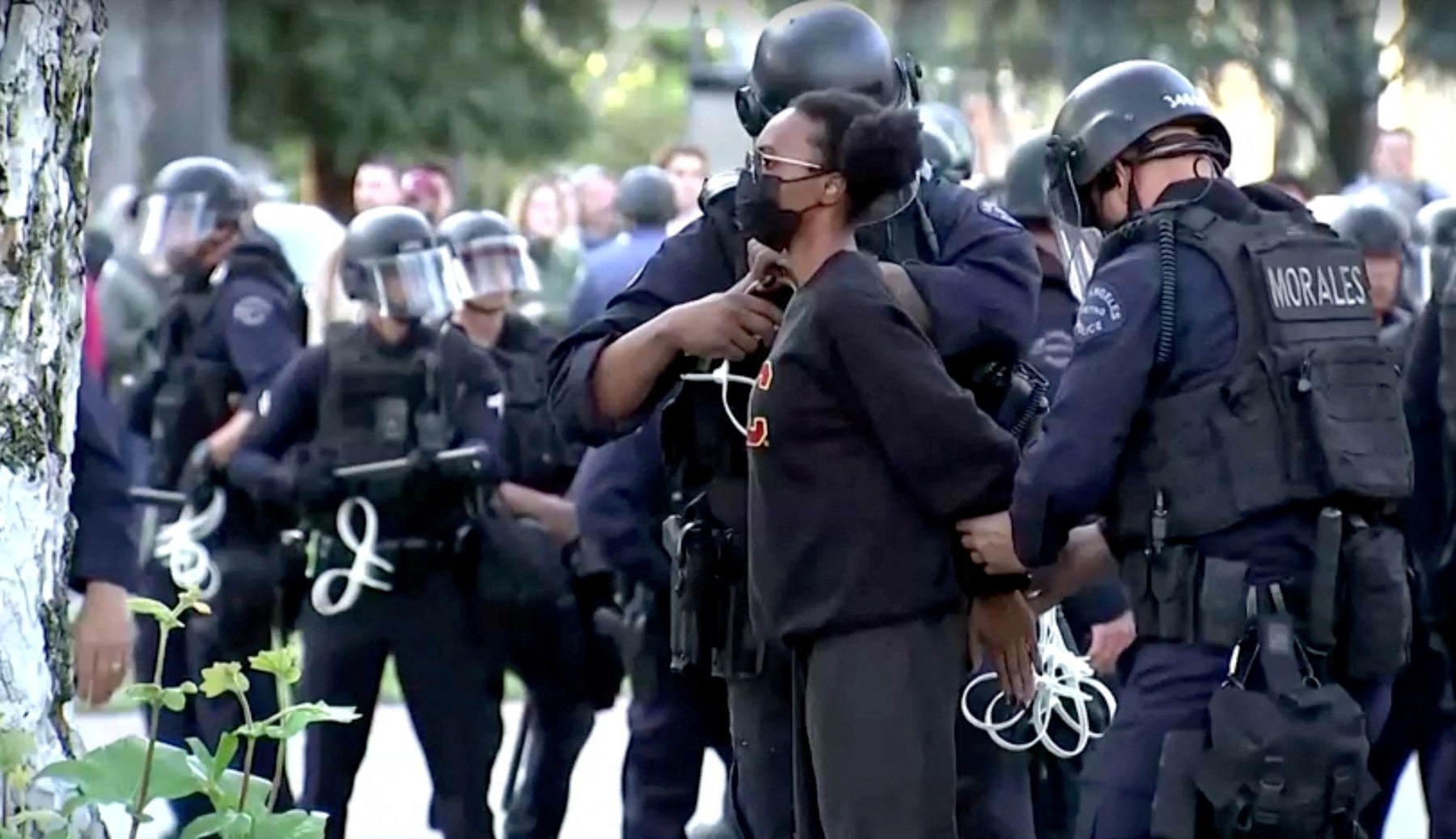Brang, from Kachin State, also fell into the clutches of traffickers. Before the pandemic, he was a university student, but after the coup he took part in non-violent protests and travelled to Laukkai in October 2021 at the invitation of a friend.
He arrived and found out that his friend had put him in touch with a scam company, but he reluctantly agreed.
It was only when he tried to resign and his bosses told him they had paid for him on a two-year contract that he realised his friend had benefited from the deal.
“I took this job because I felt bad, living like a parasite in my friend’s house, but it turned out I had been sold out,” Brang said. “I felt betrayed and stabbed in the back.”
But by then he was already trapped. “I worked like a robot from eight in the morning until two in the morning, without a break. I wasn’t even allowed to leave the building,” he said.
Sitting at a long table, he had to search for wealthy-looking women in their 30s and 40s on the Chinese social media and messaging app WeChat, comment on their posts using a translation app and send them private message requests.
For every woman he accepted, Brang received 300 yuan ($42) and a bonus if the contact led to a scam. But if he didn't get at least 10 women a day, he was “punished.”
Most days, only three or four women would comply with Brang’s requests, and his bosses would beat him in front of the other workers, who were forced to watch in silence as he was spanked on the bottom. “It was heartbreaking. It hurt when I sat down,” he said.
Brang estimates he was beaten 10 to 15 times before his company decided he would be more useful elsewhere. Forced to wear the uniform of an army-affiliated militia, he became a bodyguard for company commanders.
The work gave Brang a sense of the scale of Laukkai’s cyber scam industry, as well as the power of the Chinese gangs that ran it. “The whole of Laukkai was like their town or territory,” he said. “The Myanmar military and militia controlled Laukkai, but they didn’t seem to have that much authority, because the Chinese bosses had huge amounts of money.”
Although he was no longer being beaten, Brang was still seething with resentment. Not only did he have to protect the same bosses who held him captive, but he was also working for a group associated with the military.
The final straw was when he was forced to beat up another worker. Shortly afterward, he asked his boss for leave, making up a story that he needed to get home for his mother’s funeral. “I cried in front of him to get him to let me go,” Brang said.
Months after returning home, he fled to Malaysia, where he joined an undocumented labor force from Myanmar that has surged since the pandemic. He now fears being caught in an immigration raid, while also struggling to cope with memories of his trafficking. “I am still traumatized by what I have been through,” he said.












